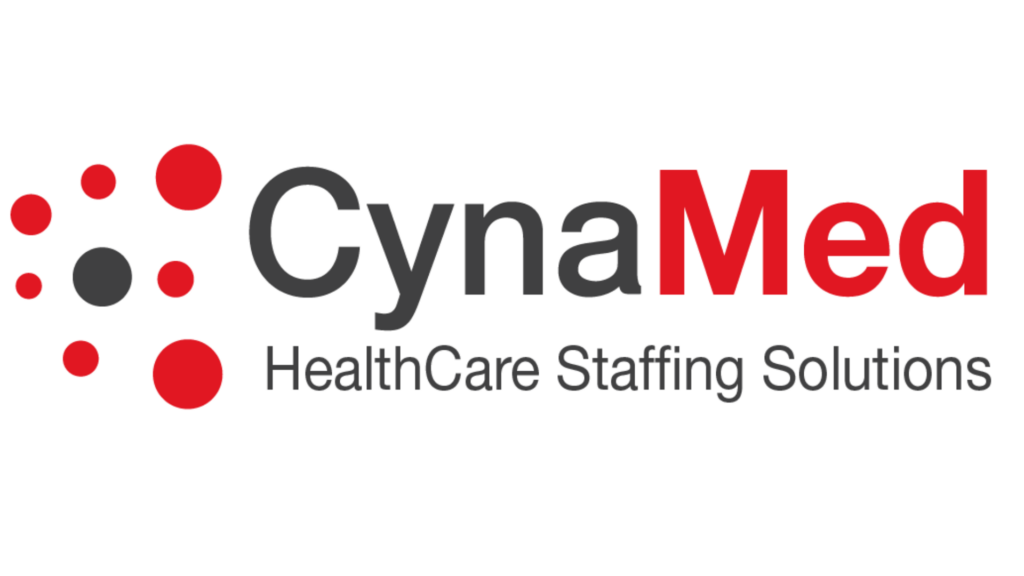As a nurse, you have the ethical, moral, and legal responsibility to protect your patients. At most nursing graduation or pinning ceremonies, it’s customary to recite the Florence Nightingale Pledge. In this pledge, nurses promise to do no harm and devote themselves to the welfare of those committed to their care. Elderly individuals are a very vulnerable population to becoming victims of elder abuse or neglect. One of the most important ways to uphold your oath as a nurse is by advocating for and protecting, these patients who need you.
Aside from the moral and ethical obligation to report abuse, when you become a nurse, you have a legal obligation as well. A mandated reporter is defined as “people required by law to report suspected or known instances of abuse”. As a healthcare professional, you assume the role of a mandated reporter. If it is discovered that you failed to report elder abuse or neglect, you could be charged with a misdemeanor, and in some cases, a felony. You could also be at risk of having your nursing license suspended or revoked.
Elderly Abuse
Nurses are trained to perform thorough assessments. Part of this is identifying certain things that can be indicative of neglect or abuse through their interactions with their patients. When it comes to elderly abuse, nurses need to be hyper-vigilant because seniors are a high-risk population.
The ability to identify the signs of elderly abuse comes with time and experience, but below we discuss the different types, risk factors, approaches to take in identifying suspected or confirmed abuse, and signs to look for in the assessment.
The most common types of elder abuse include:
- Physical
- Emotional or Psychological
- Sexual
- Financial
- Abandonment
- Neglect
- Exploitation
- Threats and Intimidation
Risk Factors for Elder Abuse
While anyone can be a target for abuse, certain risk factors may make a person more susceptible. These include:
- Being female
- Being over 80 years old
- In poor health
- Socially isolated
- Dependent on a caregiver
- Having a disability
How to Use the Elder Abuse Suspicion Index
When assessing elder abuse, many nurses will use the Elder Abuse Suspicion Index (EASI). Basically, this index is a good assessment tool to strengthen mandated reporting of abuse. It is comprised of the following questions:
- Have you relied on people for any of the following: bathing, dressing, shopping, banking, or meals?
- Has anyone prevented you from getting food, clothes, medication, glasses, hearing aids or medical care or from being with people you wanted to be with?
- Have you been upset because someone talked to you in a way that made you feel shamed or threatened?
- Has anyone tried to force you to sign papers or to use your money against your will?
- Has anyone made you afraid, touched you in ways that you did not want or hurt you physically?
Signs of Probable Elder Abuse
There are certain signs to look for that can help you determine if abuse is probable. They include:
- Malnourishment
- Unexplained injuries such as bruises and burns
- Poor hygiene
- Anxiety or depression
- Withdrawn or disengaged
- Classical signs of trauma such as body rocking
When assessing a patient, it’s important to pay attention to the caretaker, if they are present. The body language of both the patient and the caregiver can be telling. If the caregiver is overbearing or intrusive, trying to control the situation, or answering for a competent patient, then it’s worth noting.
Protect Against Abuse Of Elderly Populations
As a nurse, you are in a unique position to help end the suffering from the abuse of elderly populations. Therefore, one of the best ways you can do this is by developing a rapport with your patient. Meaningful connections are made when people feel safe, seen, and secure. If you can create a bond with your patients where they feel comfortable confiding in you, you’ll be able to gather more intimate information that can help you better advocate for them.
At CynaMed, we have the best resources to keep you up-to-date on how to navigate reporting suspected or confirmed elder abuse. As a nurse, you are legally bound to mandated reporting so it’s important to understand what to look for and how to document it properly for the best possible outcomes for the patients you care for.






